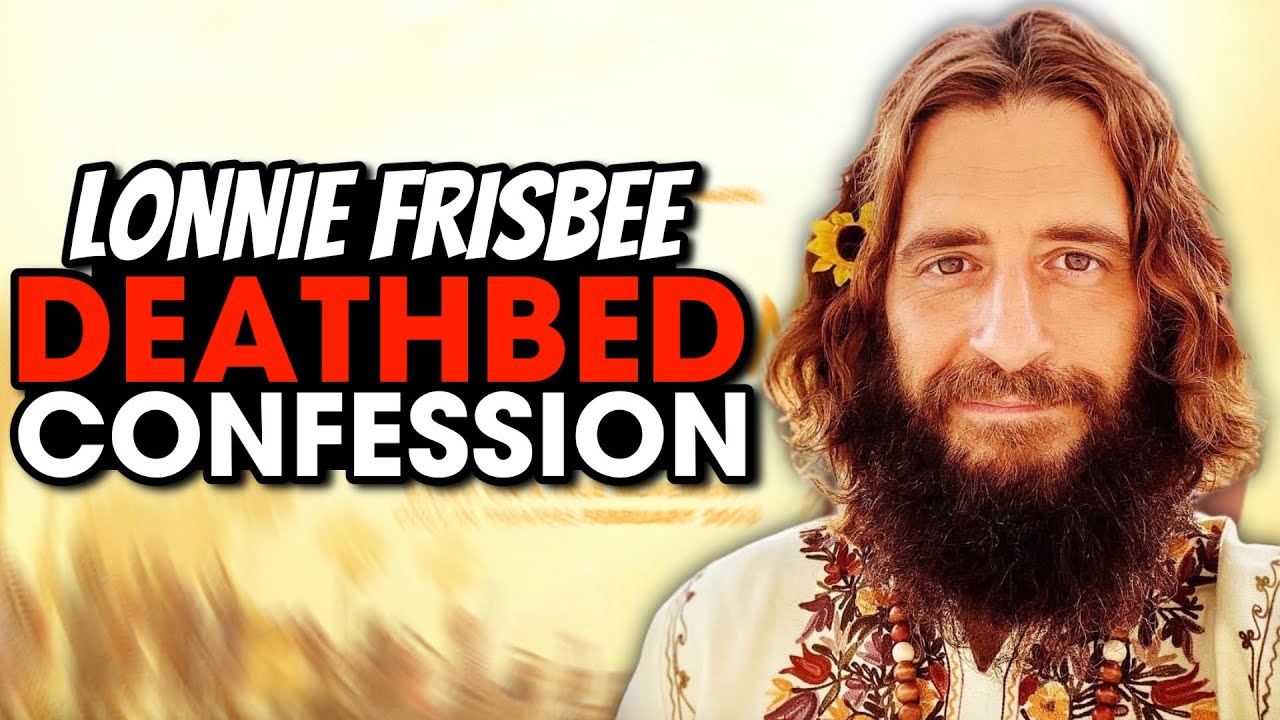Lonnie Frisbee

In the annals of American religious history, the name Lonnie Frisbee may not immediately resonate with everyone. Yet, for those familiar with the Jesus Movement of the late 1960s and early 1970s, Lonnie Frisbee stands as a pivotal figure—an unsung hero who played a crucial role in shaping the spiritual landscape of that era. This article delves into the life and legacy of Lonnie Frisbee, exploring his impact on the Jesus Movement, his unorthodox journey, and his lasting influence on contemporary Christianity.
The Early Years:
Lonnie Frisbee was born on June 6, 1949, in Costa Mesa, California. Raised in a conservative Christian household, he demonstrated an early interest in spirituality. However, his journey took an unexpected turn when he discovered the counterculture movement that was sweeping across America in the 1960s. Embracing the ethos of peace, love, and exploration, Lonnie became an emblematic figure of the hippie subculture.
The Jesus Movement:
In the midst of the counterculture revolution, Lonnie Frisbee experienced a profound religious conversion. This transformation marked the beginning of his involvement in the burgeoning Jesus Movement—an evangelical Christian revival movement that sought to reach the disenchanted youth of the era. Lonnie’s unique ability to bridge the gap between the counterculture and conservative Christianity made him a charismatic and influential figure within the movement.
Lonnie and the Calvary Chapel:
Lonnie’s journey intersected with Chuck Smith, the founder of Calvary Chapel, a non-denominational Christian church. Chuck recognized Lonnie’s potential to connect with the youth and invited him to share his testimony. Lonnie’s unorthodox approach, marked by his long hair, beaded necklaces, and unconventional attire, resonated with the young people who were seeking a spiritual experience outside of traditional church settings.
A Catalyst for Revival:
Lonnie Frisbee’s impact on the Jesus Movement was profound. His dynamic and unconventional preaching style attracted thousands of young people who were searching for meaning and authenticity. Lonnie’s outreach efforts extended beyond traditional church settings, as he engaged with the counterculture in parks, beaches, and other public spaces. His ability to communicate the message of Christianity in a language that the youth could relate to made him a catalyst for revival during a tumultuous period in American history.
The Birth of Calvary Chapel and Vineyard Movement:
The collaboration between Lonnie Frisbee and Chuck Smith resulted in the establishment of the first Calvary Chapel in Costa Mesa. The church soon became a hub for the Jesus Movement, drawing in a diverse congregation that included former hippies, drug addicts, and individuals disillusioned with conventional Christianity. Lonnie’s impact went beyond Calvary Chapel, as he became instrumental in the early days of the Vineyard Movement—a Christian movement that emphasized the power of the Holy Spirit, healing, and prophetic ministry.
Lonnie’s Charismatic Gifts:
One of the defining aspects of Lonnie Frisbee’s ministry was his manifestation of charismatic gifts. He was known for his ability to pray for healing, speak in tongues, and operate in the prophetic. These charismatic experiences played a pivotal role in attracting a new generation of believers who sought a more experiential and spiritually vibrant form of Christianity.
Challenges and Controversies:
Despite his significant contributions, Lonnie Frisbee faced challenges and controversies within the conservative Christian community. His unconventional appearance and open acknowledgment of his struggles with homosexuality clashed with the prevailing norms of the time. This tension eventually led to a parting of ways between Lonnie and the Calvary Chapel, highlighting the struggles of a spiritual pioneer navigating societal expectations and religious conservatism.
Legacy and Influence:
Lonnie Frisbee’s impact extends far beyond his involvement in the Jesus Movement. His influence can be traced in the growth of the Vineyard Movement, which played a crucial role in the development of contemporary worship music and the charismatic renewal within Christianity. Many of the practices and beliefs that Lonnie championed, such as the emphasis on spiritual gifts and a more informal approach to worship, continue to shape the landscape of modern evangelicalism.
Recognition and Rediscovery:
In the years following his departure from mainstream evangelical circles, Lonnie Frisbee’s contributions were overshadowed by controversies and the passage of time. However, there has been a renewed interest in his story in recent years, with efforts to recognize and celebrate his role as a pioneer in the intersection of counterculture and Christianity. Documentaries, books, and articles have sought to shed light on Lonnie’s life, acknowledging his impact on a movement that transformed the face of American Christianity.
Conclusion:
Lonnie Frisbee, the forgotten architect of the Jesus Movement, played a pivotal role in reshaping the spiritual landscape of a generation. His journey from a hippie immersed in the counterculture to a key figure in the evangelical revival is a testament to the transformative power of faith. Lonnie’s impact on the Calvary Chapel and the Vineyard Movement, along with his charismatic gifts, left an indelible mark on contemporary Christianity. As his story continues to be rediscovered and celebrated, Lonnie Frisbee takes his rightful place in the pantheon of spiritual pioneers who dared to challenge the status quo and usher in a new era of faith and revival.






